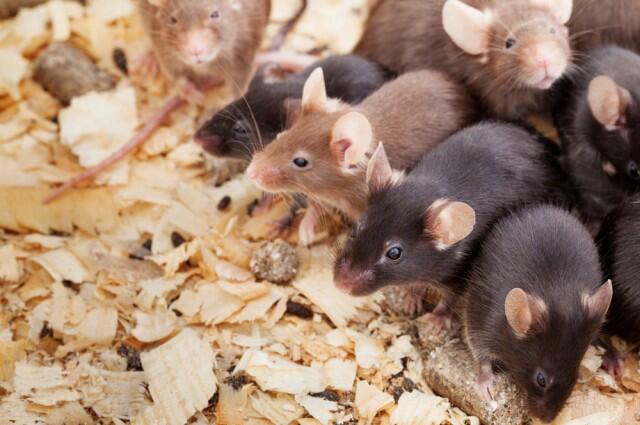Mice whose Y chromosomes have been replaced with just two genes are still able to father offspring, demonstrating the unexpected complexity of reproductive genetics.
The Y chromosome is much smaller than the X, carrying far fewer genes. In 2014, ProfessorMonika Ward of the University of Hawaii revealed that only two of these Y chromosome genes, known as Sry and Eif2s3y, are enough to enable male mice to reproduce, even if the rest of the chromosome is removed.
Some of the engineered mice produced sperm, and Ward and her colleagues report inScience that when they attempted to artificially inseminate female mice with their product, at least 10 of the Y-less mice were fertile.
Not all of these mice, dubbed X0 for having a single X chromosome without a match, turned out well, with 35 out of 48 having testicular defects and a lack of sperm. Using sperm from the other 13 mice, 10 led to pregnancies and nine to live births.
The authors note that the more highly expressed the Eif2s3x genes were, the further the mice got through the sperm production process.
source: IFL











